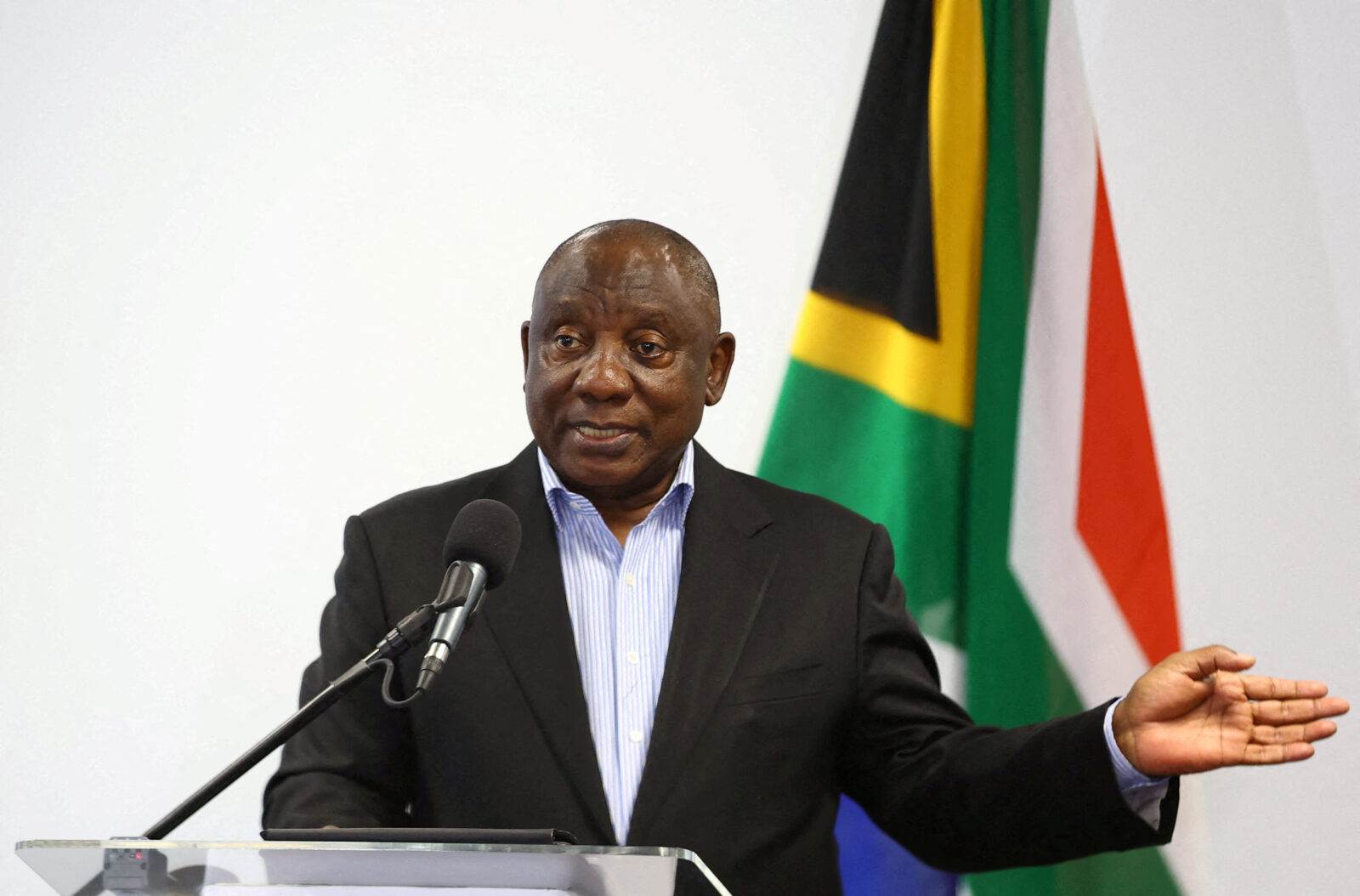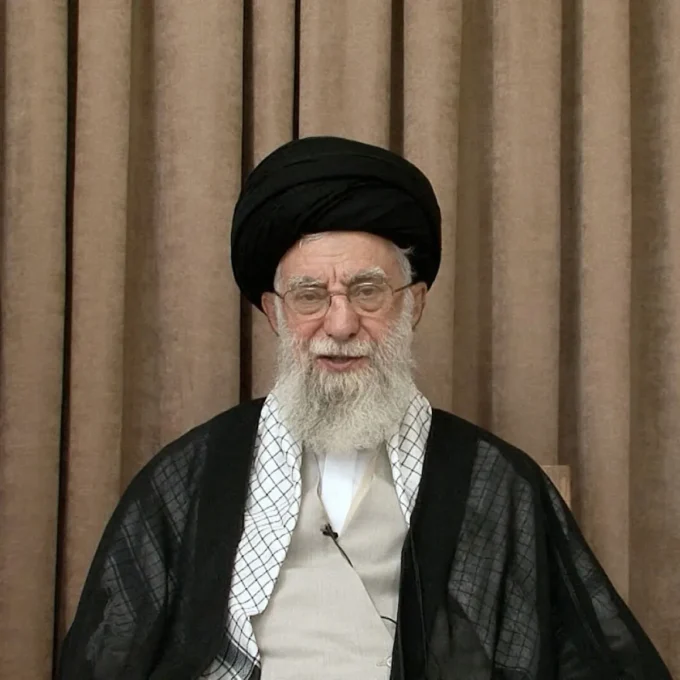South African President Cyril Ramaphosa has dismissed Democratic Alliance (DA) politician Andrew Whitfield from his role as Deputy Minister of Trade, Industry and Competition, a move that threatens to intensify tensions within the country’s fragile coalition government. The announcement came via a statement from the presidency on Thursday, which emphasized that the removal should not be seen as part of a broader cabinet reshuffle.
No official reason was given for Whitfield’s dismissal, but the timing and lack of explanation have sparked political speculation and concern. The Democratic Alliance, South Africa’s second-largest party and a key coalition partner to Ramaphosa’s African National Congress (ANC), has labeled the development “a very serious matter.” A party spokesperson confirmed that the DA’s Federal Executive would convene on Thursday to deliberate on the implications of the president’s decision and determine an official response.
Whitfield, a senior DA figure and seasoned parliamentarian, was appointed to the cabinet in 2024 following the formation of South Africa’s first national coalition government in the post-apartheid era. This historic coalition was born out of necessity after the ANC, long the dominant political force since the end of apartheid in 1994, failed to secure a parliamentary majority in the most recent general election.
However, the alliance between the ANC and DA has been anything but smooth. The two parties differ sharply on several key policy areas, including economic transformation, racial equity, and budget allocations. The DA has publicly opposed aspects of the ANC’s Black Economic Empowerment (BEE) policies, which it argues are outdated and inefficient, while the ANC defends them as essential tools for addressing deep-rooted racial and economic disparities.
Whitfield’s sacking is widely viewed as a potential flashpoint that could destabilize the coalition. Political analysts suggest that the decision may reflect deeper rifts within the government, possibly linked to internal disputes over trade policy, empowerment regulations, or governance style.
President Ramaphosa’s office has not provided further comment on whether a replacement for Whitfield will be named soon or how the change will affect ongoing trade negotiations and industrial strategies.
Meanwhile, the DA has stated it will issue an official position after its internal discussions conclude. The party’s next steps could significantly impact the stability of the coalition, especially if it chooses to withdraw support or demand greater clarity on the rules governing coalition governance.
South Africa’s political future may now hinge on how both parties navigate this growing crisis of trust. With economic challenges, high unemployment, and social inequality already weighing heavily on the nation, any cracks in the unity of government could hinder the progress of urgently needed reforms.
Observers say the coming days will be crucial in determining whether this unprecedented ANC-DA coalition can withstand the pressures of power-sharing, or whether this move signals the beginning of deeper fractures within South Africa’s evolving political landscape.














Leave a comment